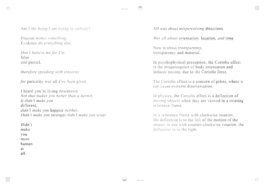
Translationships was a long-term work initiated in 2011 (up to 2014), which consisted in set of diverse operations dealing with failure, digital depression, performance anxiety, freedom of choice, and coexistence with human and non-human entities in an environment mediated by technological debris: a declaration of detachment, possibly via achieving awareness in complexity.
A pathway towards a feeling of optimistic nihilism, Translationships exists as a series of loosely related instances, consisting also (but not only) in: multiple versions of a record to its final disintegration; a text; 4 subsequent videos (3 of 4 below), further derivative work, and documentation material of the process in various forms, from word of mouth to torrent file.
Occupy Hollywood by Death in Plains, 2011

The work on what should have been the first full-length record of my other persona Death in Plains, which I have mainly impersonated from 2008 to 2011 so far, revealed to be a failure, as the project never reached any conclusive stage due to overthinking, anxiety, self-induced stress and overworking.
Disappointment slowly turned to some form of (semi-permanent) depression, but also a justification for further speculation and research on personal expectations and cognitive labor, self sustainability and dealing with reality in circumstances of personal crisis and creative block.
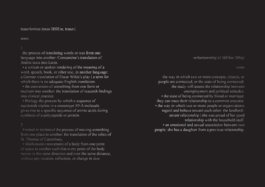
Translationships, 2012
HD 1080p video with text-to-speech from Google translate, 16:52
66 .sbv files (subtitles with timecode—all languages available in Google translate)
Quantum Sweecide by Death in Plains, 2011
Dis Worlds Not U by Death in Plains, 2011
Psalm by Death in Plains, 2011
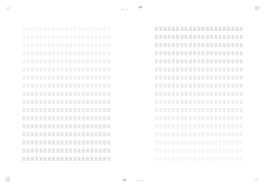
“Google translationship” is a neologism—vernacularly originated online—addressing two individuals who are in a relationship with each other while speaking languages so distant to require the use of Google translate even for basic communication.
Liar by Death in Plains, 2011
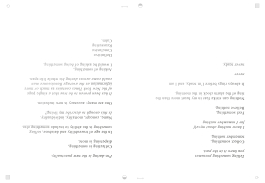
Trash x $$$ by Death in Plains, 2011
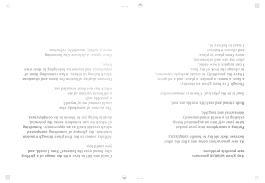
Gathering material for a record, collecting loops, recording synthesiser parts and midi arrangements, recording vocals, and layering tracks, I can just remember a permanent flavour of dissatisfaction: the feeling of being desperately far behind my own standard for approval, which was at the same time corresponding to nothing precisely and shifting constantly to some abstract form to another.
Month after month of late night computer production in my room my mind kept changing endlessly, passing through different states of moodiness, jumping from source to source, listen to listen, consuming unrelentingly every kind of music—accelerated by the possibility to instantly download anything I could read of in the dozens of blogs and zines I was following online at the moment, in the desperate attempt to draw inspiration—carrying with me the vagueness, like a spectre, that what I was doing was just “not enough.” It would have never been enough.
Version by version, this work has been shifting a variety of crippled and incomplete forms, each one of which could have been the one, the right one, the final take. There was simply no method to take a single decision though: I’ve been rendered incomprehensible in my own language.
No Surf by Death in Plains, 2011
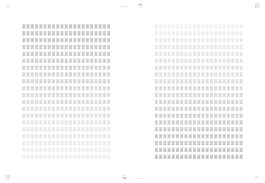
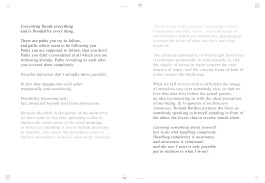
To escape the impasse then, or to get perhaps rid of it all, I eventually decided to stretch the whole record—one possible version, still unfinished, a beast of accumulation—to the arbitrary duration of 74 minutes: the typical maximum playing time of an audio-CDR, the “record” as physical object as existed in the memory of in my teenage years, while at the same time playing it in reverse, in some kind of “ghost-track” aesthetic, another compact disc stereotype of the late 90s and the early 2000s.
This different record became a sound work in controlled randomness or about losing control over the elements of your composition, accepted but also refused, and both meticulous and negligent assemblage of accumulated layers of meaning in translation of something (partially meaningless) into something (partially meaningful) else.
Translationships, 2012
HD 1080p video with sound, 73:55
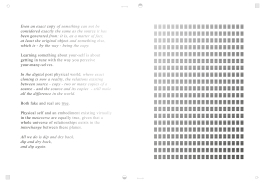
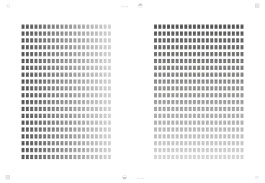
Translationships Mixtape HD, 2011-2013
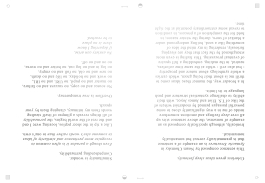
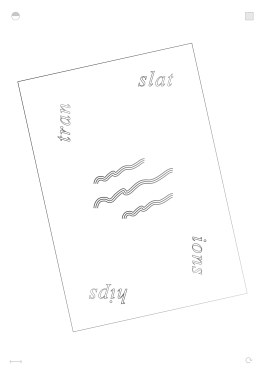
Translationships was a long-term work initiated in 2011 (up to 2014), which consisted in set of diverse operations dealing with failure, digital depression, performance anxiety, freedom of choice, and coexistence with human and non-human entities in an environment mediated by technological debris: a declaration of detachment, possibly via achieving awareness in complexity.
A pathway towards a feeling of optimistic nihilism, Translationships exists as a series of loosely related instances, consisting also (but not only) in: multiple versions of a record to its final disintegration; a text; 4 subsequent videos (3 of 4 below), further derivative work, and documentation material of the process in various forms, from word of mouth to torrent file.


“Google translationship” is a neologism—vernacularly originated online—addressing two individuals who are in a relationship with each other while speaking languages so distant to require the use of Google translate even for basic communication.

The work on what should have been the first full-length record of my other persona Death in Plains, which I have mainly impersonated from 2008 to 2011 so far, revealed to be a failure, as the project never reached any conclusive stage due to overthinking, anxiety, self-induced stress and overworking.
Disappointment slowly turned to some form of (semi-permanent) depression, but also a justification for further speculation and research on personal expectations and cognitive labor, self sustainability and dealing with reality in circumstances of personal crisis and creative block.

Gathering material for a record, collecting loops, recording synthesiser parts and midi arrangements, recording vocals, and layering tracks, I can just remember a permanent flavour of dissatisfaction: the feeling of being desperately far behind my own standard for approval, which was at the same time corresponding to nothing precisely and shifting constantly to some abstract form to another.
Month after month of late night computer production in my room my mind kept changing endlessly, passing through different states of moodiness, jumping from source to source, listen to listen, consuming unrelentingly every kind of music—accelerated by the possibility to instantly download anything I could read of in the dozens of blogs and zines I was following online at the moment, in the desperate attempt to draw inspiration—carrying with me the vagueness, like a spectre, that what I was doing was just “not enough.” It would have never been enough.
Version by version, this work has been shifting a variety of crippled and incomplete forms, each one of which could have been the one, the right one, the final take. There was simply no method to take a single decision though: I’ve been rendered incomprehensible in my own language.

The work on a record, personal expectations about it, and subsequent failure of the project, became an excuse for speculations about dense hybridisation between different fields of experience in factual and immaterial work.
All things are so ridiculously interconnected.


To escape the impasse then, or to get perhaps rid of it all, I eventually decided to stretch the whole record—one possible version, still unfinished, a beast of accumulation—to the arbitrary duration of 74 minutes: the typical maximum playing time of an audio-CDR, the “record” as physical object as existed in the memory of in my teenage years, while at the same time playing it in reverse, in some kind of “ghost-track” aesthetic, another compact disc stereotype of the late 90s and the early 2000s.
This different record became a sound work in controlled randomness or about losing control over the elements of your composition, accepted but also refused, and both meticulous and negligent assemblage of accumulated layers of meaning in translation of something (partially meaningless) into something (partially meaningful) else.

